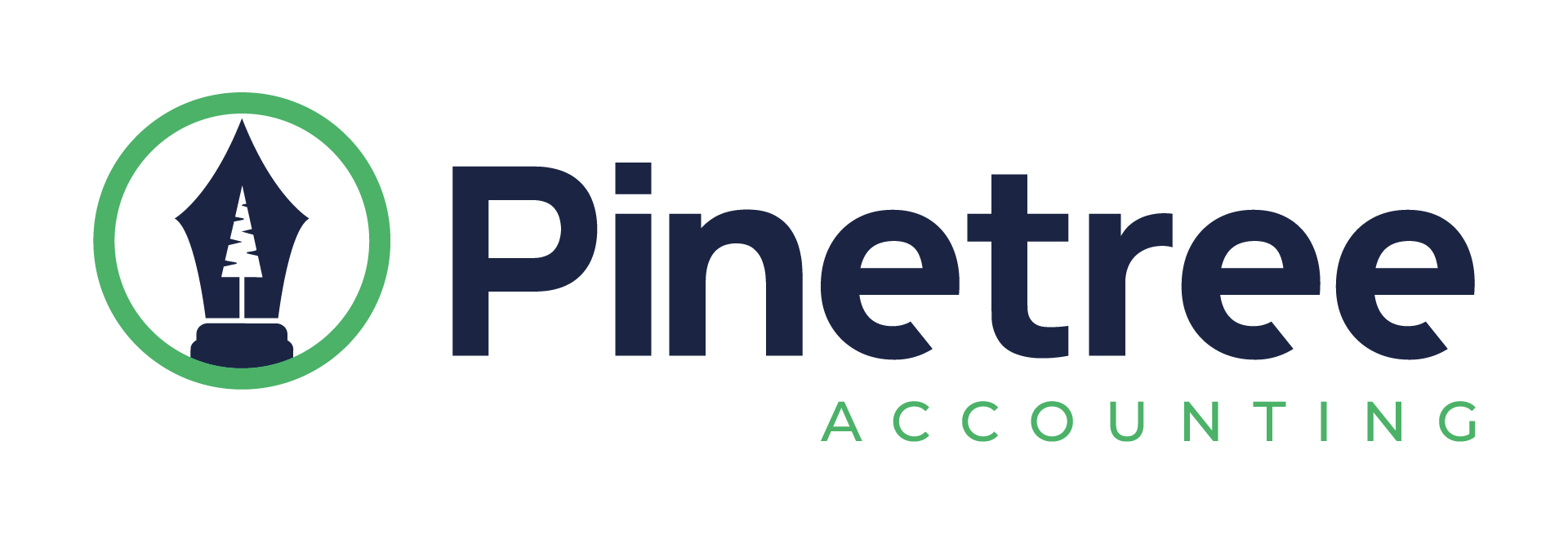Bookkeeping and accounting are two professions requiring different levels of training and education. While bookkeeping primarily focuses on recording financial transactions, accounting also involves financial data analysis and reporting. Both positions require an understanding of accounting principles. Bookkeepers work to keep detailed records of business transactions and ensure daily entries are correct. They maintain records of all business transactions and provide financial statements to business owners, investors, and HMRC.
Traditionally, bookkeeping has been the responsibility of a professional accountant. Now, most businesses use software to help them manage their books. These software applications automate many bookkeeping tasks and enable enterprises to lower their overall costs. They allow companies to track their financial data and make tax preparation easier.
Bookkeepers are responsible for maintaining a variety of financial records, including records of sales and purchases, reconciling bank statements, and paying employees and suppliers. They also produce financial statements and reports, laying the foundation for analysis. They must be meticulous and have good attention to detail. In addition, they must be able to maintain confidentiality.
Bookkeeping is a fundamental part of the financial operations of any business. In addition to recording and interpreting financial data, it helps companies communicate their financial information with stakeholders. With the help of these accounts, a business owner can make informed financial decisions. Accounting is also known as the business language because it provides stakeholders with a clear picture of the company’s financial situation.
Although bookkeepers and accountants may seem interchangeable, they are different professions. While both require a basic understanding of accounting principles, bookkeepers often take on additional tasks outside of documenting transactions. For example, bookkeepers working for smaller businesses may categorize transactions and produce reports based on financial data.
An accountant analyzes and interprets data from the bookkeeper. An accountant also helps businesses prepare tax returns and calculate tax liabilities. They help business owners minimize their tax obligations. However, they do not need higher education. They often work for small businesses and may be paid less than an accountant. Understanding the differences between the two professions is essential to know what to expect from each.
Bookkeepers are also licensed to do a wide variety of tasks. For example, they review company records and recommend cost-cutting measures if necessary. Both professions are critical for a business’s success, but their roles are not identical. They may overlap in some areas, so understanding the difference between them is crucial.
One of the most significant differences between accounting and bookkeeping is how financial information is recorded. An accountant is responsible for recording data that is organized and accurate. Keeping an organized ledger makes it easier to track payments and creditors. It helps a business avoid financial disputes.





